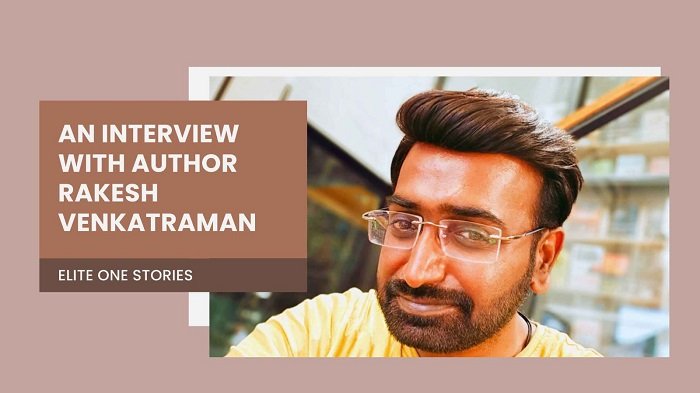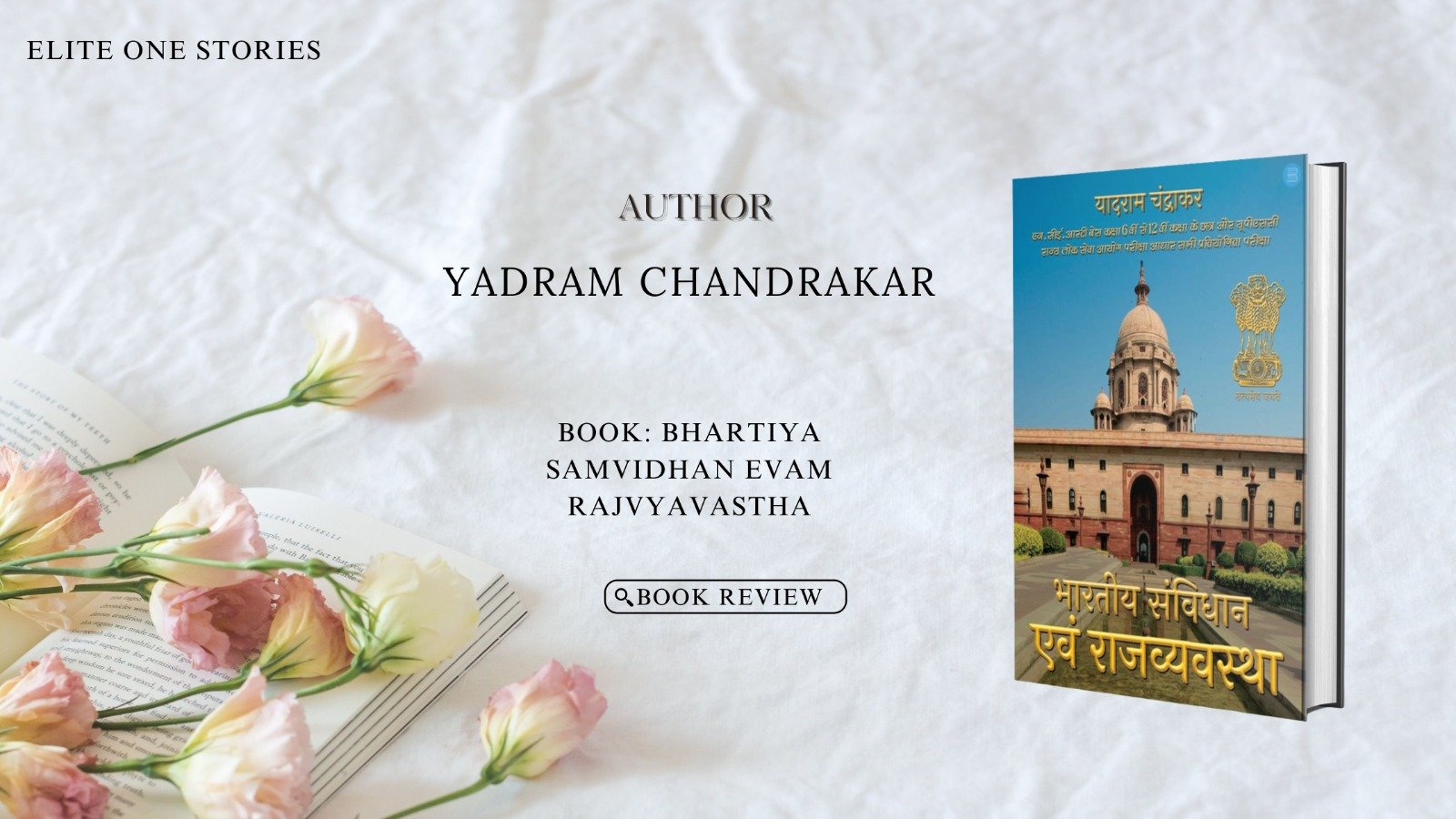Rakesh Venkatraman, born in Pune, is a storyteller who crafts narratives that stir both soul and spirit. Rooted in authenticity and spiritual curiosity, his writing bridges mythology with modern life. With a love for music, chai, and quiet reflection, he brings real emotion and ancient wisdom alive through his words.
The Literature Times: What inspired you to write Kedarnath: Unveiling the Secret of Bheemsheela?
Rakesh Venkatraman: Honestly, I didn’t set out to write a book. It started as a personal search. I was going through a difficult phase, and somewhere in silence, this story started forming inside me. Kedarnath called me — not just as a location, but as a deeper question. Writing this was my way of listening.
The Literature Times: How did the idea of blending mythology with a spiritual thriller come to you?
Rakesh Venkatraman: It wasn’t planned — it just came together that way. Life itself feels like a thriller when you’re going through inner change. And our mythology is so rich, so alive… I felt it was the only language deep enough to express what I was feeling. Mythology gave me the metaphors, and the thriller format gave the urgency.
The Literature Times: The Panch Tattvas play a major role in the story. What do they mean to you personally?
Rakesh Venkatraman: They’re not just concepts — they’re real experiences for me. At different points in life, I’ve felt earth-like heaviness, water-like overwhelm, fire-like ego burns, and the stillness of ether. I didn’t learn them from books. I lived them, sometimes without even realizing it. That’s why they became the backbone of the story.
The Literature Times: What challenges did you face while writing a story that spans from Mumbai’s corporate world to India’s sacred sites?
Rakesh Venkatraman: The biggest challenge was balance. I didn’t want to preach, and I didn’t want to simplify the spiritual journey either. Showing the contrast between a high-pressure urban life and the rawness of sacred places — without judgment — took time. I had to keep reminding myself: be honest, not dramatic.
The Literature Times: How much of Rohan’s transformation mirrors your own personal journey?
Rakesh Venkatraman: A lot. Rohan’s confusion, his emotional numbness, his need to find something real — that’s been me many times. But he’s also stronger than I was at that stage. In a way, writing him helped me become more honest with myself. He’s not me — but he’s what I wished I had the courage to be.
The Literature Times: Was there a particular temple or experience during your research that profoundly impacted you?
Rakesh Venkatraman: Yes — Bhuleshwar in Mumbai. People think the journey begins in Kedarnath, but for me, it began there. It’s a forgotten temple hidden in plain sight. I walked in during a low point in my life and felt something shift. That temple became the seed of the story. And Somnath later… it taught me the meaning of silence after destruction.
The Literature Times: Why did you choose to write the audiobook in Hinglish?
Rakesh Venkatraman: Because that’s how we really speak when we’re vulnerable. In my deepest moments — whether it’s prayer or pain — it’s always been in Hinglish. I wanted the story to feel intimate, like a conversation between friends sitting by a bonfire or on a train journey. Hinglish lets the heart speak without filters.
The Literature Times: Tell us more about the characters Maya and Arjun—what do they represent?
Rakesh Venkatraman: Maya carries emotional wounds many of us hide. Arjun carries questions we’re often afraid to ask. She represents the courage to feel. He represents the courage to doubt. Both of them are incomplete, but together, they show how healing often comes from unexpected places. I didn’t create them — they revealed themselves.
The Literature Times: How do you want readers to feel after finishing the book?
Rakesh Venkatraman: I hope they pause. Not rush to the next thing. Just sit for a while, maybe in silence, and ask themselves — What am I really searching for? If the story can bring someone closer to their truth, even slightly, I’ll be grateful. That’s all.
The Literature Times: What’s next for you—will there be a sequel or a new spiritual adventure?
Rakesh Venkatraman: Yes, Volume 2 will start from Rameshwaram. It’ll be different — more psychological, almost haunting in its spiritual tone. But I’m not rushing. These stories come when they’re ready. I’m just trying to stay sincere in the process and let Mahadev guide it, as always.



